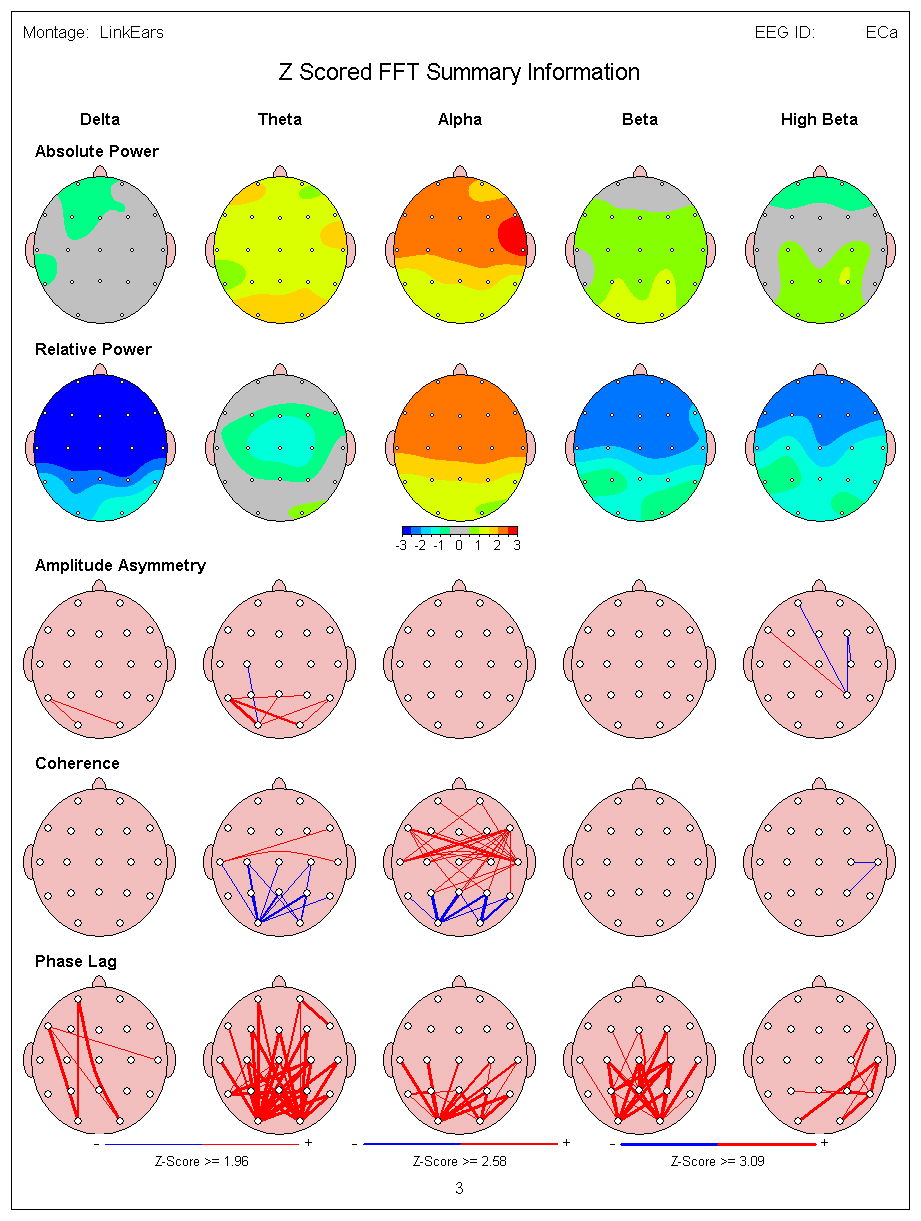Slumber is an essential part of our daily lives, allowing our physical selves and mental faculties to rest and rejuvenate. However, many individuals suffer from slumber disorders, which can significantly disturb sleep patterns. These disorders can lead to multiple issues, including changes in neural wave activity. Neural waves are electrical impulses in the brain that indicate our cognitive state and function. When sleep is disturbed, the normal patterns of neural waves can be impacted, leading to problems with mental function, such as memory, attention, and decision-making.
There are various types of sleep disorders, including insomnia, sleep apnea, and unsettled leg syndrome. Insomnia is defined by difficulty going or remaining asleep, while sleep apnea entails interruptions in breathing during slumber. Unsettled leg syndrome induces uncomfortable feelings in the legs, resulting to an irresistible urge to move them. Each of these disorders can disturb the normal sleep cycle, which comprises of different stages, including light sleep, profound sleep, and REM (rapid eye movement) sleep. Each stage holds a crucial role in preserving overall brain health and performance.
When sleep disorders interfere with these stages, neural wave activity can become irregular. For example, during profound sleep, the mind generates gentle delta waves, which are essential for physical restoration and recall consolidation. If a person experiences frequent awakenings or does not reach profound sleep, the generation of these delta waves is reduced. This can lead to challenges in learning new information and retaining memories. Additionally, REM sleep, which is associated with fantasizing and affective processing, is also affected. Disruptions in REM sleep can lead to issues with emotional regulation and creativity.
The effect of sleep disorders on mental function is significant. Research has shown that individuals with sleep disorders often face challenges with attention and concentration. This can affect their performance at school or work, making it difficult to finish tasks or participate in discussions. Furthermore, long-term sleep deprivation can result to mood changes, heightened stress, and even anxiety or depression. These mental and emotional challenges can create a vicious cycle, where poor sleep results to mental difficulties, which in turn can lead to more sleep problems.
Tackling slumber disorders is crucial for enhancing neural wave activity and cognitive function. Treatment options may include habitual changes, such as establishing a consistent sleep schedule, establishing a comfortable slumber environment, and practicing relaxation techniques. go In some cases, medical intervention may be necessary, such as employing a CPAP machine for sleep apnea or pharmaceuticals for insomnia. By prioritizing sleep and pursuing appropriate treatment, individuals can improve their overall mental abilities and improve their quality of life. Comprehending the connection between slumber disorders, neural wave activity, and mental function is an essential step toward improved health and wellness.

Comments on “Exploring How Sleep Disorders Interfere with Brainwave Function and Affect Mental Function”